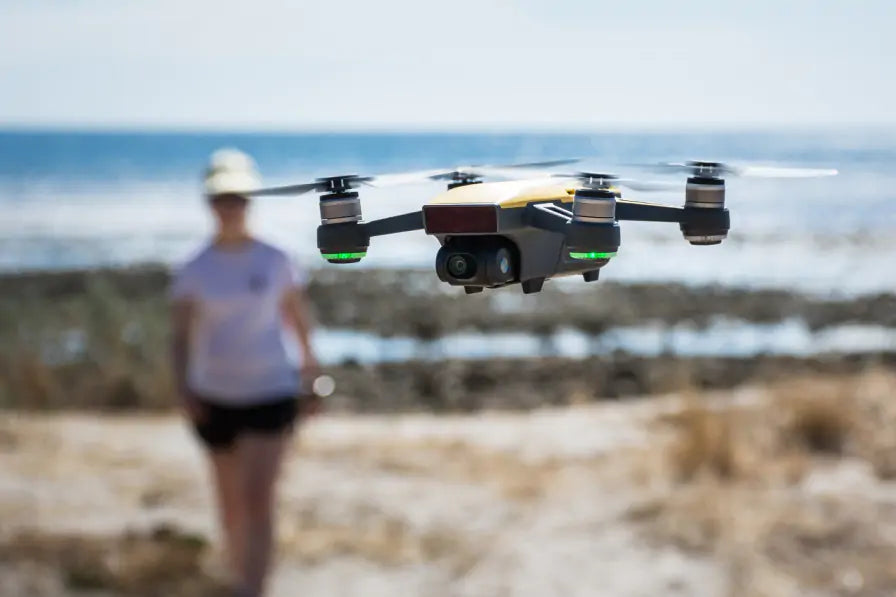Why not add these to compliment your wheelie bins?
Your basket is currently empty.
Shop NowWe guarantee to have the lowest price! Find the same bin for a cheaper price and we will beat it!

Science and charity are combining to recruit members of the public to help clean up Britain’s coastline. Waste, including plenty of plastic, is discarded on the UK’s beaches, and a computer programme is being developed to spot litter in photographs taken by drones.
The environmental charity, Plastic Tide, is recruiting volunteers to spot plastic litter in the pictures so that the computer algorithms can be set.
How does it work?
Plastic Tide have been using drones to fly over beaches to take thousands of images which are then uploaded to a website. The volunteers will then look at the pictures and tag the litter they see. This will help the charity to build a picture of how bad the problem of plastic pollution is.
The extent of the plastic problem
The founder of the charity said that marine animals eat plastic, and this is passed to us through the food chain. He added that by 2025, around 80 million metric tonnes of plastic will end up in our oceans every year unless something is done. By 2050, it’s estimated that there’ll be more plastic rubbish in the oceans than fish, and that plastic will be the largest mass inhabiting the oceans. A huge 95% of plastic packaging is discarded after one use.
Everyone can get involved
The charity’s campaign coincides with British Science Week. The British Science Association said that everyone can get involved with projects like the Plastic Tide one and make a difference.

How bad is the plastic problem?
Plastic pollution is damaging ecosystems, harming animals, and polluting the land and water. More than half of the plastic that ends up in the ocean comes from just 5 countries; China, Indonesia, the Philippines, Vietnam, and Sri Lanka.
Plastic bottles
Plastic bottles are one of the most commonly littered items that end up on beaches and in the oceans. UK households use 30 billion plastic bottles each year, but only 57% are recycled. Around 700,000 bottles end up as litter every day. The main reason for this is that the plastic wrapping around the bottles is not recyclable.
Due to the incoming simpler recycling legislation we are experiencing a huge increase in demand. All orders are being processed as fast as possible, but there is a delay of around 2-3 weeks at present. We will respond to all emails as soon as we can but please bear with us as we work through the backlog.